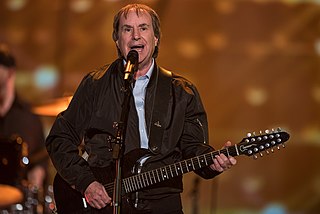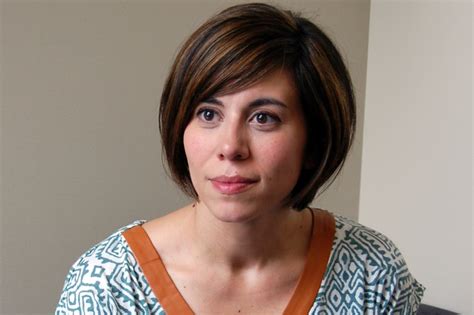A Quote by Sally Rooney
To feel that literature has any politically redemptive power at all just seems increasingly naive.
Quote Topics
Related Quotes
Love has within it a redemptive power. And there is a power there that eventually transforms individuals. Just keep being friendly to that person. Just keep loving them, and they can't stand it too long. Oh, they react in many ways in the beginning. They react with guilt feelings, and sometimes they'll hate you a little more at that transition period, but just keep loving them. And by the power of your love they will break down under the load. That's love, you see. It is redemptive.
The welfare state that is built upon this conception seems to prove precisely away from the conservative conception of authoritative and personal government, towards a labyrinthine privilege sodden structure of anonymous power, structuring a citizenship that is increasingly reluctant to answer for itself, increasingly parasitic on the dispensations of a bureaucracy towards which it can feel no gratitude.
The deeper reality is that I’m not sure if what I do is real. I usually believe that I’m certain about how I feel, but that seems naive. How do we know how we feel?…There is almost certainly a constructed schism between (a) how I feel, and (b) how I think I feel. There’s probably a third level, too—how I want to think I feel.
It has seemed to me that literature, as I meant it, was embattled, that it was increasingly difficult to find writing doing what I thought literature should do - which was simply to push people into changing their ideas about the world, and to go further, to encourage us in the work of changing the world, to making it more just and more truly human.



































